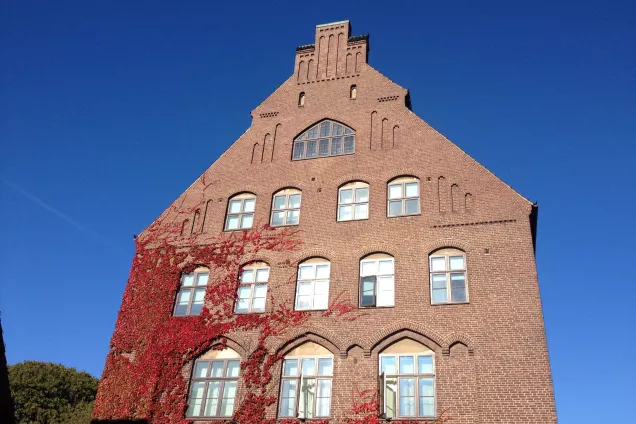About the department
The Department of Human Geography houses two disciplines, Human Geography and Human Ecology. The latter is organized as a division within the Department.
The Department of Human Geography houses two disciplines, Human Geography and Human Ecology. The latter is organized as a division within the Department.
Research and education in human geography addresses social, cultural, political and economic processes of change and their spatial expressions and consequences for people at different scales, whether local, regional or global. The key areas of research and teaching at the department are cultural geography, urban and social geography, economic geography, development geography and GIS. Our staff and students make use of a variety of research methods, with an emphasis on mixed-methods approaches and fieldwork. All our teachers are active researchers in their fields to the mutual benefit of both teaching and research.
The Human Ecology Division applies an anthropological and inter-disciplinary definition of its research field. Research and education at the division deals with human-environmental relations in different cultural contexts. The ambition is to integrate perspectives from the social sciences, natural sciences, and humanities in understanding sustainability issues at local and global scales. Particularly important is to complement and elaborate definitions of environmental problems deriving from natural and engineering sciences by emphasizing aspects such as culture, power, and global distribution. Research at the division has, for instance, focused on ecologically unequal exchange, global environmental load displacement, climate justice, the political ecology of indigenous populations, traditional resource management, and ethnobiology.
Staff members from the two disciplines collaborate through research as well as teaching.
Our Department is a part of the Faculty of Social Sciences.
Student Office
Contact details
Email: expeditionen [at] keg [dot] lu [dot] se (expeditionen[at]keg[dot]lu[dot]se)
Phone: +46 46 222 17 59
Opening hours
Tuesdays 13.00-15.00
Wednesdays 09.00-12.00



